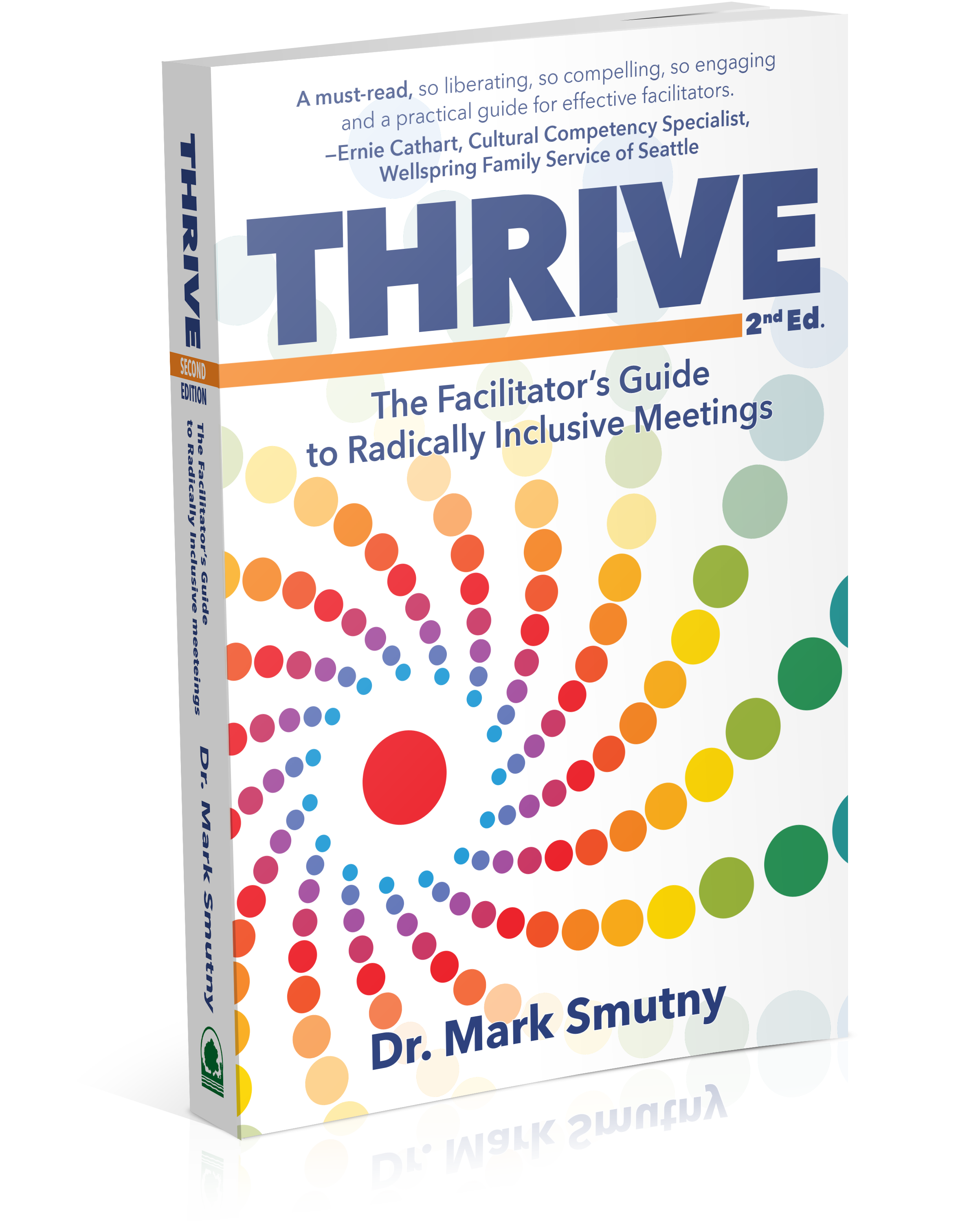 Don’t Be in Denial
Don’t Be in Denial
Nonprofit organizations play a vital role in society by addressing social issues, supporting communities, and providing essential services. However, they are not immune to internal threats, particularly embezzlement and fraud. These crimes not only jeopardize the financial stability of the organizations but also damage their reputation and the trust they have built with donors and beneficiaries. Understanding these risks and implementing effective prevention strategies are crucial for safeguarding the integrity and mission of nonprofit entities.
Embezzlement in Nonprofits
Embezzlement involves the misappropriation of funds by individuals entrusted with managing the organization’s resources. In the nonprofit sector, this can take many forms, including diverting donations for personal use, creating fictitious expenses, or manipulating financial records to cover up theft. The impact of embezzlement can be devastating, leading to significant financial losses and undermining the organization’s ability to fulfill its mission.
Fraud in Nonprofits
Fraud in nonprofits often involves deceptive practices aimed at securing unlawful gains. This can include falsifying financial statements, inflating program outcomes to attract more funding, or misrepresenting the use of grant money. Such fraudulent activities can lead to legal consequences, loss of funding, and a tarnished reputation, making it harder for the organization to attract future donations and support.
Prevention Strategies
-
Strong Internal Controls: Implementing robust internal controls is essential. This includes establishing clear policies and procedures for financial management, regular audits, and ensuring that no single individual has control over all aspects of financial transactions. Segregation of duties can help prevent one person from having too much control and the opportunity to commit fraud.
-
Regular Audits and Financial Reviews: Conducting regular audits and financial reviews by independent auditors can help detect irregularities early. Transparency in financial reporting and accountability to stakeholders are also critical components of a trustworthy organization.
-
Background Checks and Training: Performing thorough background checks on employees and board members can help identify any past issues that could pose a risk. Additionally, providing regular training on ethics and compliance can reinforce the importance of integrity and the consequences of fraudulent behavior.
-
Whistleblower Policies: Establishing a clear whistleblower policy encourages employees and volunteers to report suspicious activities without fear of retaliation. This can help uncover fraudulent activities early and prevent further losses.
-
Board Oversight: Active and informed board oversight is crucial. Board members should regularly review financial statements, be involved in major financial decisions, and ensure that the organization adheres to best practices in governance.
-
Culture of Transparency: Fostering a culture of transparency and accountability can help prevent fraud. This involves open communication about the organization’s financial status, ethical practices, and the importance of adhering to policies and procedures.
Conclusion
While embezzlement and fraud pose significant risks to nonprofit organizations, implementing comprehensive prevention strategies can mitigate these threats. By establishing strong internal controls, conducting regular audits, promoting a culture of transparency, and ensuring active board oversight, nonprofits can protect their resources, maintain donor trust, and continue to effectively serve their communities. Proactive measures are essential for sustaining the integrity and mission of nonprofit organizations in the face of potential internal threats.
For More Ideas and Resources
For help with your organization’s challenges and an array of innovative solutions, check out my website at https://civicreinventions.com. Then email me at mark.smutny@civicreinventions.com or give me a call at 626.676.0287. I will respond personally to every inquiry.
Dr. Mark Smutny is a nonprofit consultant specializing in conflict resolution, strategic planning and DEI immersion workshops. He teaches, writes and consults on ways for nonprofits to turn unproductive conflict to mission success. He is the award-winning author of the book Thrive: The Facilitator’s Guide to Radically Inclusive Meetings, 2nd. Ed.
© 2024 Mark Smutny and Civic Reinventions, Inc. All rights reserved.
